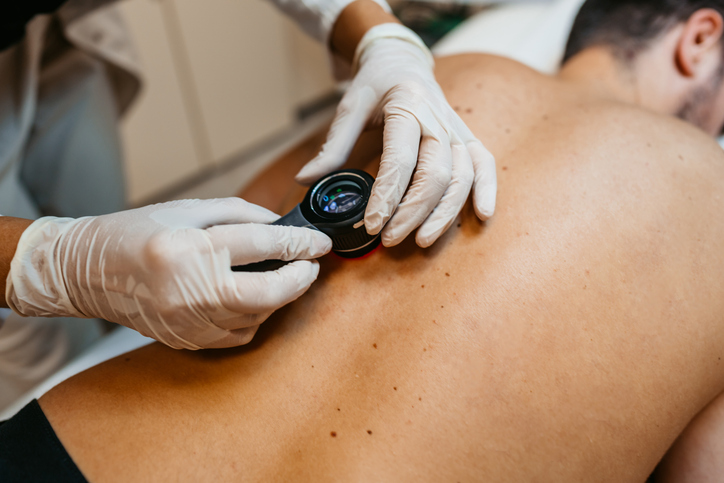
The risk of serious infections, opportunistic infections, and cancer is increased in patients with rheumatologic diseases who take interleukin (IL) inhibitors, according to a study published in JAMA Network Open.
Researchers conducted a literature review of randomized, controlled trials published through November 2018 that evaluated IL inhibitor therapies in rheumatic diseases and reported on safety.
The researchers selected 74 studies that included 29,214 patients. The following drugs were included: anakinra (IL-1), rilonacept (IL-1), canakinumab (IL-1), tocilizumab (IL-6), olokizumab (IL-6), clazakizumab (IL-6), sirukumab (IL-6), sarilumab (IL-6), ustekinumab (IL-12/23), brodalumab (IL-17), secukinumab (IL-17), ixekizumab (IL-17), and guselkumab (IL-23).
Increased risk of infection, cancer with IL treatment
There were 486 events in the treatment arms and 96 events in the placebo arms. Among this patient cohort, 24,236 had serious infections, 9,998 had opportunistic infections, and 21,065 had cancer (the number of patients overlaps for each outcome).
Patients receiving IL inhibitors had a higher risk of serious infections (odds ratio [OR] = 1.97; 95% CI, 1.58-2.44; P<0.001), opportunistic infections (OR=2.35; 95% CI, 1.09-5.05; P=0.03), and cancer (OR=1.52; 95% CI, 1.05-2.19; P=0.03).
“The findings in our study suggest that the risk of cancer may be increased with longer IL inhibitor therapy,” the authors wrote.
The results “should be taken into consideration and needs to be confirmed by real-world data, such as long-term epidemiologic studies from registries,” according to the researchers.






 © 2025 Mashup Media, LLC, a Formedics Property. All Rights Reserved.
© 2025 Mashup Media, LLC, a Formedics Property. All Rights Reserved.